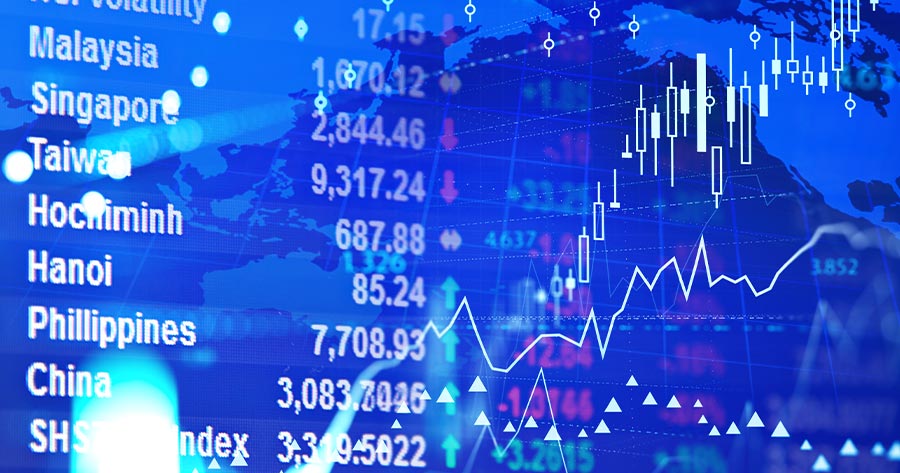Asia Pacific indices were mixed on Monday (9 Oct) morning, as Israel declared a state of war after being attacked by Hamas. The event hiked many world commodities prices over 1% or more, as many worried that this conflict would escalate into a larger scale, and would impact the world economy that is already facing inflation and slow recovery after the pandemic.
The middle-east region is crucial to world goods transportation, especially foods and oil as many middle-east countries are situated between Asia and Europe, and also are the world’s energies and mineral sources as well.
Australian ASX 200 led the gain train by 0.5%, pushing the index up to slightly below 7,000, while the neighboring New Zealand’s NZX 50 was the loss leader today, dropping 0.8% to 11,200. Meanwhile, Shanghai’s SSEC lost 0.7%, plunging the index under 3,090, in contrast to Taiwan’s TWII that gained by 0.4% over 16,500. Other markets were in a mixed direction but had overall lesser loss and gain than mentioned.
US Futures dropped below Friday closing as the S&P 500 Futures was still nowhere around 4,300, as well as NASDAQ that was around 15,000. Meanwhile the VIX index headed to 19.0 as the market worried about the war.
Energy commodities, especially crude oil bounced back, as WTI crude oil soared to $86.3 per barrel from around $82 on Friday, together with Brent that rose to $88. Both prices were over $90 last week and sharply dropped by $10 in just the last two trading days. Meanwhile, natural gas also rose over $3.4 per MMBTU.
On the other hand, the currencies market still assessed the situation as the US Dollar Index (DXY) still stood at 106, while the long-term US 30-year bond price index (ZB) slightly edged down to 110.6. The rising commodities price might also exacerbate the ongoing inflation problem, in which some speculators could expect more rate hikes from the central banks, while the optimist may argue that today’s spike would be temporary.
Lastly, gold price rose to take back the level of $1,860 per Troy ounce, while Bitcoin (BTC) headed back to 28,000 again.





